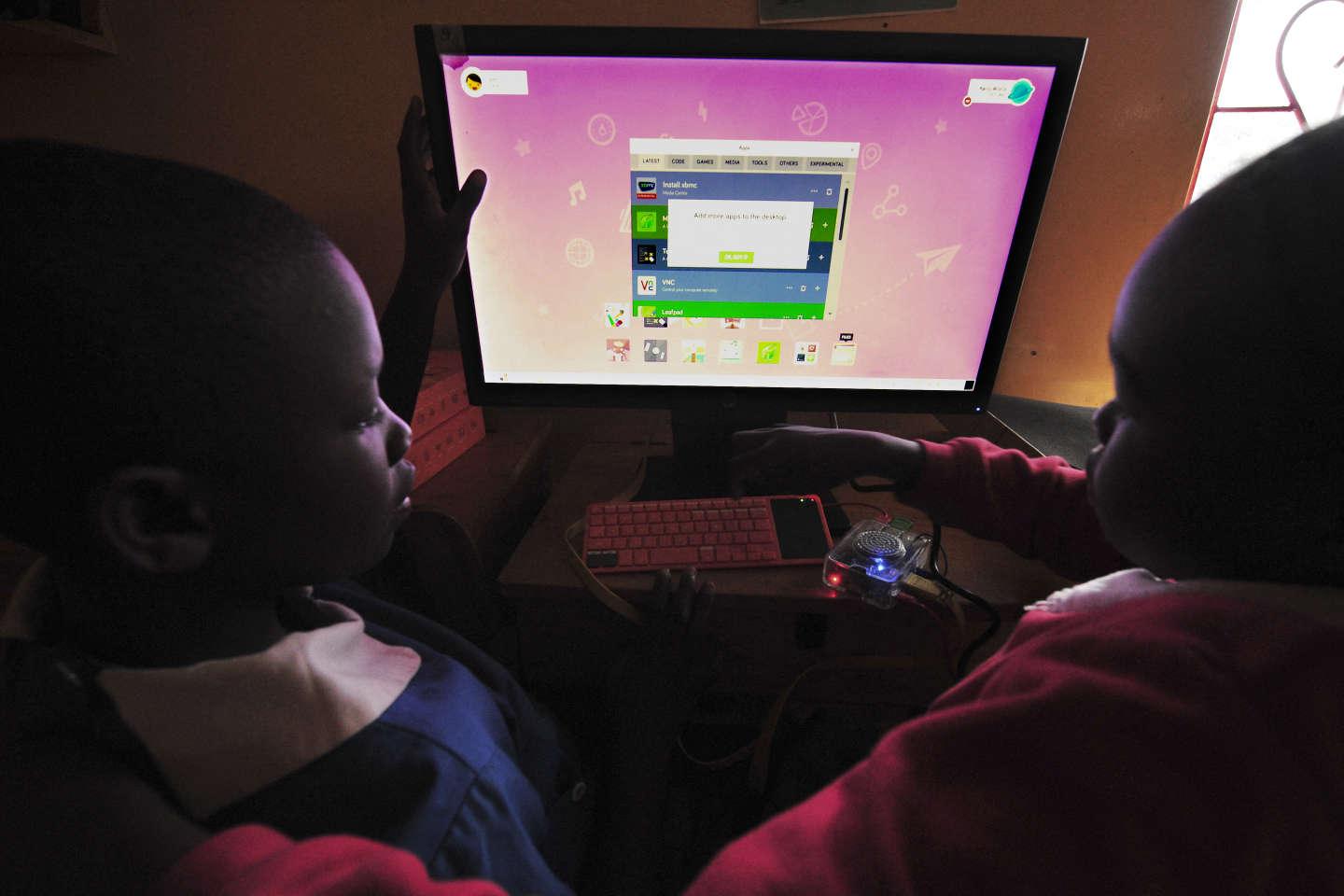Africa-Press – Eswatini. “Mbote bonus? “Nazali malamu mpenza. Lovers of Lingala, a language spoken by 45 million people from Angola to South Sudan to the Democratic Republic of Congo (DRC), can now ask each other for news via Google Translate. The American giant’s translation tool was updated in mid-May with 24 new languages, ten of which are mainly used on the African continent: Bambara (Mali), Ewe (Ghana, Togo), Krio (Sierra Leone ), Lingala (Central Africa), Luganda (Uganda), Oromo (Ethiopia), Sepedi (South Africa), Tigrinya (Ethiopia, Eritrea), Tsonga (South Africa, Mozambique) and Twi (Ghana).
Languages that have nearly 167 million speakers and come in addition to Amharic (Ethiopia), Swahili (East Africa) or Yoruba (Nigeria), already integrated into the translation service.
This promotion of African languages is part of the American giant’s deployment strategy in Africa. In 2021, he said he wanted to promote the digital transformation of the continent by investing 1 billion dollars (940 million euros) over five years. In April, the Californian company opened a research and development center in Nairobi, Kenya. It had already inaugurated, in 2019, a laboratory dedicated to artificial intelligence in Accra, Ghana.
The last update of the Google Translate software had made it possible to enrich it with five languages, including Kinyarwanda (Rwanda), in 2020. According to Google, the preferred criterion for making this new selection was the number of speakers. “It naturally led us to focus on the African continent,” explains Isaac Caswell, a Google engineer who worked on the project. The group also prides itself on supporting linguistic communities hitherto neglected by technology.
“Linguistic diversity”
However, Google’s tool only includes a fraction of the languages spoken on the continent, estimated at more than 2,100 by the African Language, Languages and Cultures Laboratory (LLCAN) of the National Center for Scientific Research (CNRS). The global offering of the American translation service still primarily concerns European languages, “largely leaving aside regions with high linguistic diversity, such as Africa and the Americas”, admitted the group in a press release on May 11.
According to the collaborative linguistic project Glottolog, a platform used by the CNRS laboratory for its research, nearly three out of five African languages are threatened or have disappeared to date. According to Valentin Vydrin, researcher at LLACAN and specialist in Bambara, the level of translation offered by Google’s software is “very insufficient at times”. Even if, he recognizes, the addition of these ten new African languages is an “essential step to promote them”.
Because these idioms are still mostly spoken and little written. For the States, their development implies costly investments, emphasizes Valentin Vydrin: “We must train teachers at all levels, print school textbooks, finance literacy courses and teaching in national languages at school . »
A teacher at the Institute of Oriental Languages in Paris (Inalco), the researcher has seen the motivations of his students evolve in twenty-five years. “The generation that lived through decolonization is now retired, he notes, and young French people are much less interested in regional African languages. The promotions to which he teaches Bambara learn it for more personal reasons, linked to their family history. “My students are nationals of Bambara speaking countries or second or third generation immigrants. Some no longer speak their languages and wish to return to their roots, others speak a little with their parents, but only minimally. It remains to be seen whether the arrival of technology, with the proliferation of translation software, is likely to change the situation.
For More News And Analysis About Eswatini Follow Africa-Press







